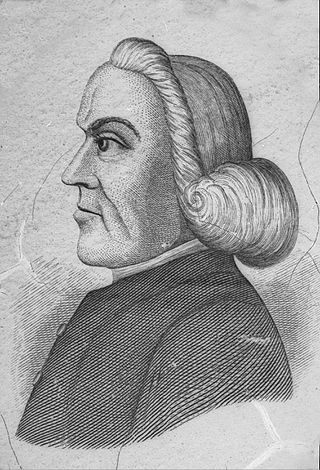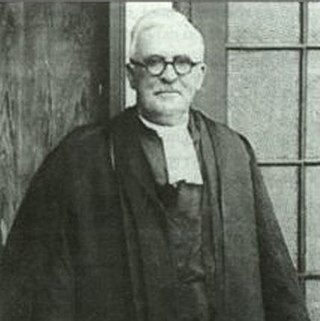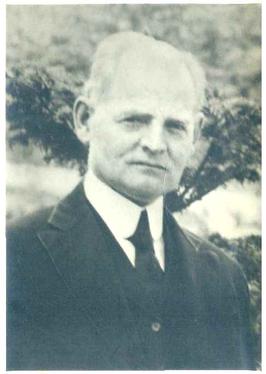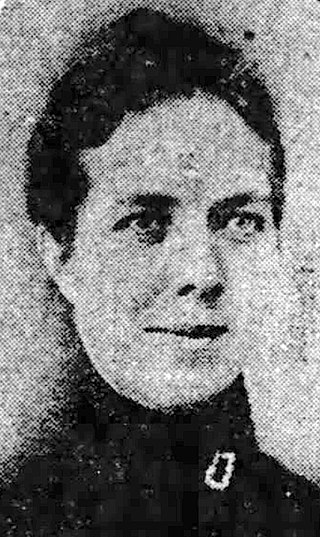
The practice of Christianity in Korea is marginal in North Korea, but significant in South Korea, where it revolves around two of its largest branches, Protestantism and Catholicism, accounting for 8.6 million and 5.8 million members, respectively. The initial variety of Christianity in the peninsula, Nestorianism, spread to Korea in the Middle Ages by way of China via Middle Eastern adherents to the Church of the East. Catholicism was first introduced during the late Joseon Dynasty period by Confucian scholars who encountered it in China. In 1603, Yi Su-gwang, a Korean politician, returned from Beijing carrying several theological books written by Matteo Ricci, an Italian Jesuit missionary to China. He began disseminating the information in the books, introducing Christianity to Korea. In 1758, King Yeongjo of Joseon officially outlawed Catholicism as an "evil practice." Catholicism was reintroduced in 1785 by Yi Seung-hun and French and Chinese Catholic priests were soon invited by the Korean Christians.

The Welsh Methodist revival was an evangelical revival that revitalised Christianity in Wales during the 18th century. Methodist preachers such as Daniel Rowland, William Williams and Howell Harris were heavily influential in the movement. The revival led eventually to the establishment of the Welsh Calvinistic Methodists as a denomination and it also revitalised older dissenting churches.

The Presbyterian Church of Wales, also known as the Calvinistic Methodist Church, is a denomination of Protestant Christianity based in Wales.
The 1904–1905 Welsh revival was the largest Christian revival in Wales during the 20th century. It was one of the most dramatic in terms of its effect on the population, and triggered revivals in several other countries. The movement kept the churches of Wales filled for many years to come, seats being placed in the aisles in Mount Pleasant Baptist Church in Swansea for twenty years or so, for example. Meanwhile, the Awakening swept the rest of Britain, Scandinavia, parts of Europe, North America, the mission fields of India and the Orient, Africa and Latin America. The Welsh revival has been traced as the root of the megachurches in the present era.

William Nantlais Williams, better known simply as Nantlais, was a Welsh poet and a Presbyterian Christian minister who played a prominent role in the 1904-1905 Welsh Revival.
Protestants in Myanmar make up 5% of that nation's population in 2023. Most Christians are from the minority ethnic groups such as Karen, Lisu, Kachin, Chin, and Lahu. An estimated 0.1% of the Bamar population is Christian.

Religion in Wales has, over the years, become increasingly diverse. Christianity was the religion of virtually all of the Welsh population until the late 20th century, but it has rapidly declined throughout the early 21st century. Today a plurality (46.5%) of people in Wales follow no religion at all.
Representing 43.6% of the Welsh population in 2021, Christianity is the largest religion in Wales. Wales has a strong tradition of nonconformism, particularly Methodism. From 1534 until 1920 the established church was the Church of England, but this was disestablished in Wales in 1920, becoming the still Anglican but self-governing Church in Wales.
James S. Gale was a Canadian Presbyterian missionary, educator and Bible translator in Korea.
Christian revivalism is increased spiritual interest or renewal in the life of a Christian church, congregation or society with a local, national or global effect. This should be distinguished from the use of the term "revival" to refer to an evangelistic meeting or series of meetings. Proponents view revivals as the restoration of the church to a vital and fervent relationship with God after a period of moral decline.
Seth Joshua, was a Welsh Presbyterian minister and Evangelist who was noted for his influence before during and after the 1904-1905 Welsh Revival as well as for being a direct influence on the ministry of Evan Roberts, one of the leading figures of that revival.

According to a 2021 Gallup Korea poll, 17% of South Koreans identify as Protestant; this is about 8.5 million people. About two-thirds of these are Presbyterians. Presbyterians in South Korea worship in over 100 different Presbyterian denominational churches who trace their history back to the United Presbyterian Assembly.

Gil Seon-ju, considered by some to be the father of Korean Christianity, was one of the first Koreans ordained as a Presbyterian minister. He was an early supporter of Korean nationalism and helped shape the nature of the Korean Protestant Christianity.
The Pyongyang Theological Seminary is a Protestant theological seminary in Pyongyang, the capital of North Korea. It is run by the government-controlled Korean Christian Federation (KCF) and trains pastors and evangelists for it.

Chu Ki-chol was a Korean Presbyterian minister and martyr. After having dropped out of Yonhi College due to poor health and being briefly associated with the March 1st Movement for the independence of Korea, Chu attended a faith meeting of Kim Ik-du. Thereafter, he sought a career in ministry, enrolling first at the Pyongyang Theological Seminary becoming a deacon. Chu was ordained a minister in 1926 and served as one in Pusan, Masan, and Pyongyang.

Robert Alexander Hardie was a Canadian physician and Methodist evangelist who for 45 years served as a missionary in Korea. He is recognized as the catalyst for the Wŏnsan Revival (1903) and also inspired the Great Pyongyang Revival (1907) in what is now North Korea.
The Kosin Presbyterian Church in Korea, also called Korea-pa, is an Evangelical Reformed and Presbyterian denomination in the Republic of South Korea. Although, congregations have spread all over North America and in many other countries.
The Presbyterian University and Theological Seminary (PUTS) is a university and seminary located in the Gwangjin District, Seoul, South Korea. PUTS is affiliated with the Presbyterian Church of Korea. Its school motto is ‘Pietatis et Scientia’: ‘Piety and Knowledge’.

Joseph Jenkins was a Calvinistic Methodist preacher, known as a progenitor of the 1904-1905 Welsh revival, a Christian revival in which, the BBC says, "a hundred thousand people had made a new commitment." A strong personality, Jenkins affected many church communities as a preacher, his contemporaries saying he resembled a volcano — "sometimes lifeless and sometimes in full eruption."

Mary Alice Fish Moffett was an American Presbyterian medical missionary in Korea, with her husband Samuel A. Moffett.











